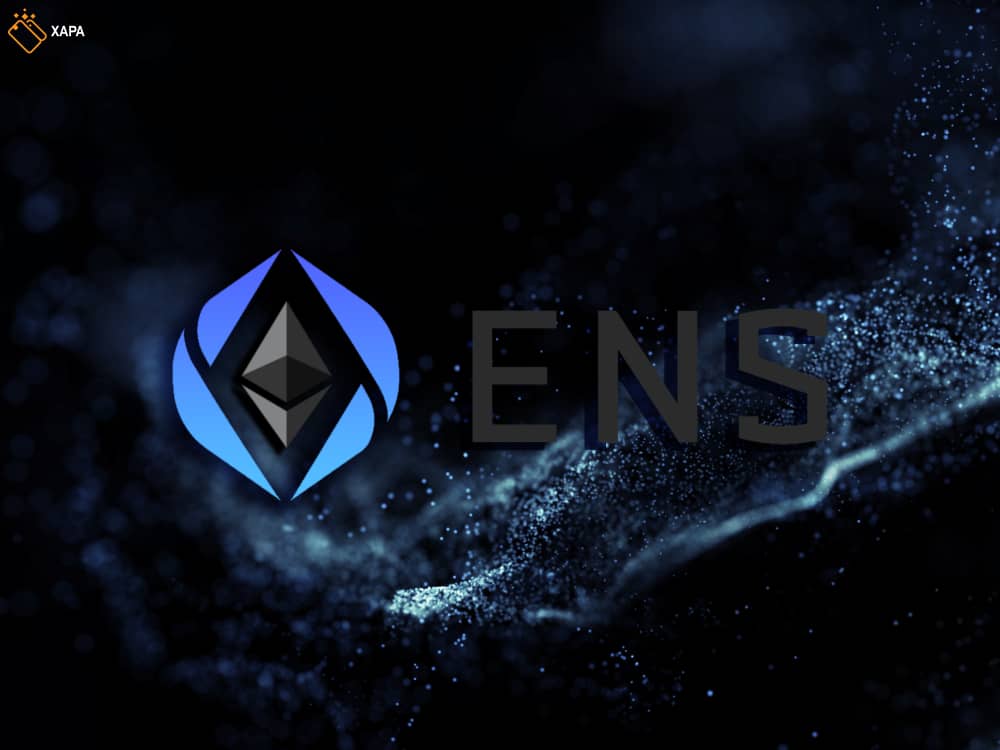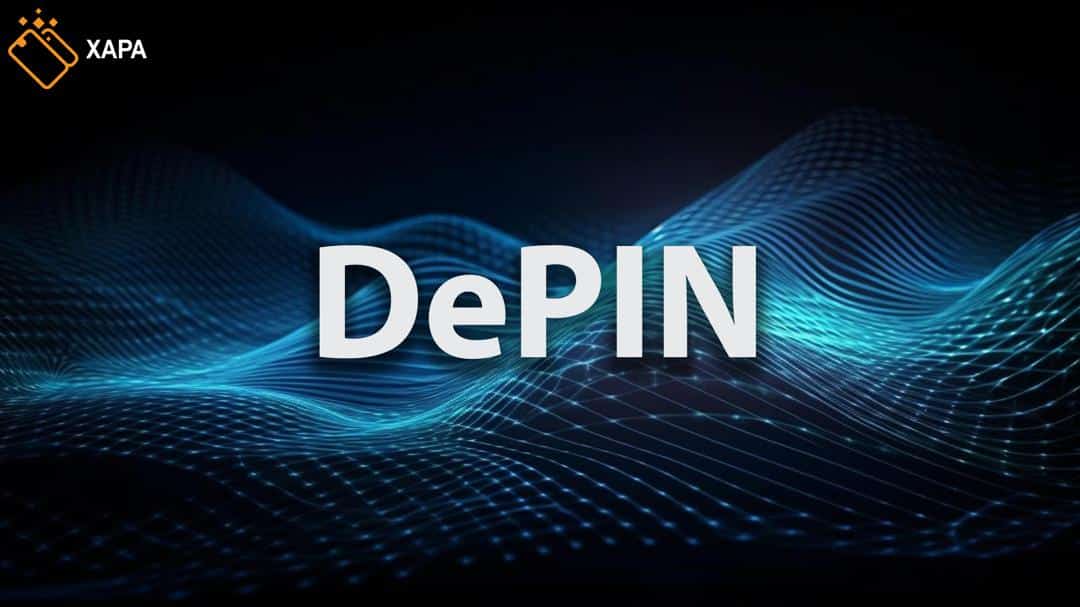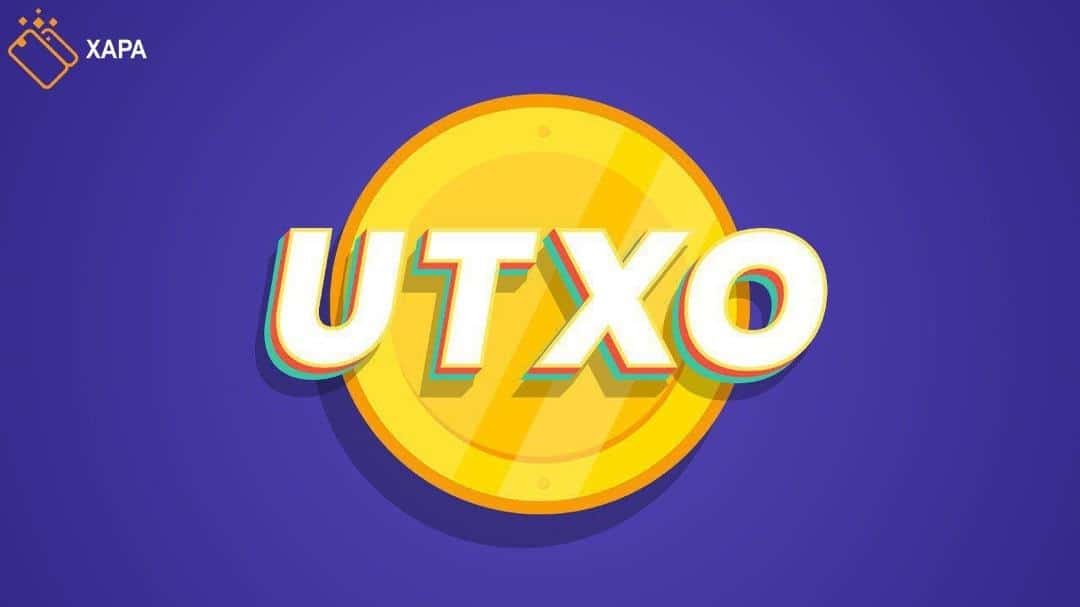
Ethereum Name Service And Everything You Need To Know About It
Remember how we used to type in the IP address of every single website in order to access them in the early days of the web? Of course it got much easier to surf the worldwide web when all these relentlessly long, difficult-to-remember IP addresses got replaced by human- readable names. Now all you have to do is just type in Xapa.com and you are good to go. But what does any of this even have to do with Ethereum Name Service (ENS)? Ethereum Name Service makes using cryptocurrencies as effortless and easy as surfing the web.
Let’s see what it is and how it works!
The project established a Decentralized Autonomous Organization (DAO) in November 2021, by airdropping ENS tokens to users. Just as shareholders of a company may use their shares, holders of these tokens manage make decisions about a variety of important things such as protocol changes, pricing, and managing funds within the treasury.
How does it work?
ENS is a totally distributed naming service built on top of Ethereum. It links information to a name and translates machine-readable identifiers such as cryptocurrency addresses, metadata, or content addresses to human-readable names. By doing so, ENS allows users to create a single ENS domain (some sort of nickname) for all their public addresses. Instead of sharing a complicated string of 42 characters with anyone who wants to send you crypto, you create a nickname such as “Dwayne.eth” which is automatically connected to your public address.
Why is it important?
What makes the ENS so special is that because the team behind the project, Nick Johnson and Alex Van de Sande of the Ethereum foundation, who led the initial developments, believed it to be a fundamental component that needs to be open to all and not-for-profit. That is why it is completely decentralized and community-driven. Being able to make use of the existing Ethereum ecosystem, ENS can easily interact with other smart contracts other than naming. Also, the fact that it is built on Ethereum’s smart contracts, makes it more private, secure, and most importantly, more resistant to censorship than DNS. However, unlike other projects such
as Handshake or Namecoin, the ENS has no intention of replacing DNS and instead, puts its focus on providing a fully distributed reliable name resolution for Web3 resources like distributed content and blockchain addresses.
Follow Xapa on social media and stay tuned for more!





